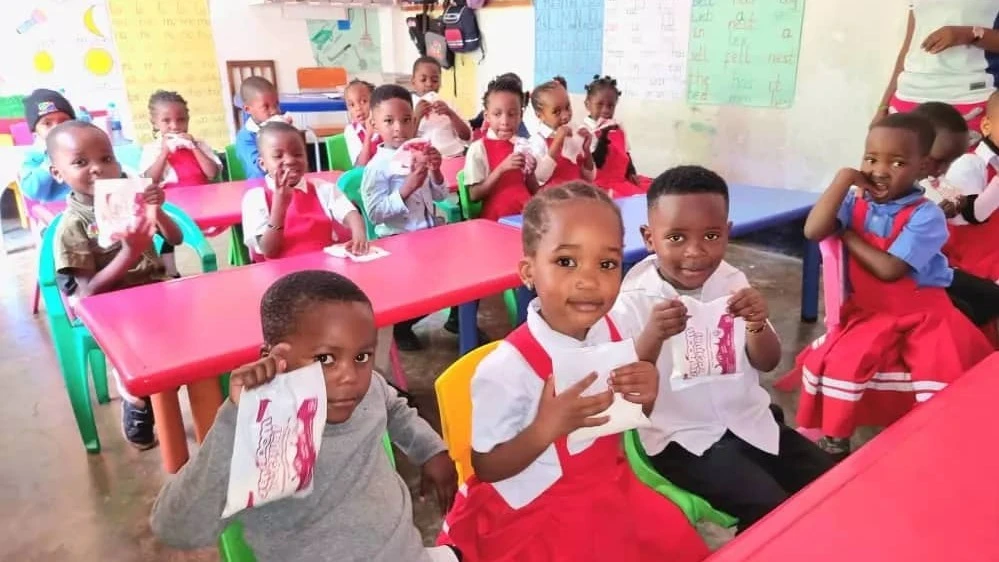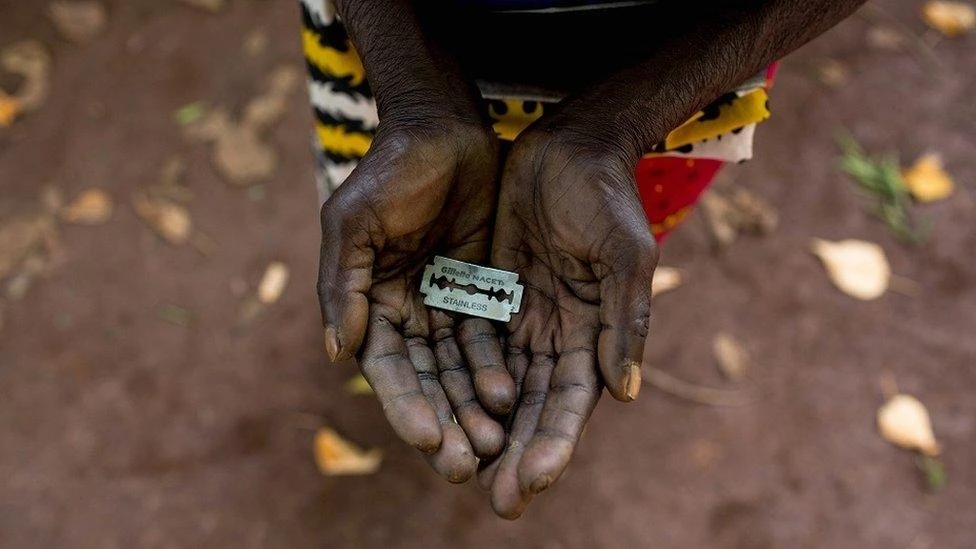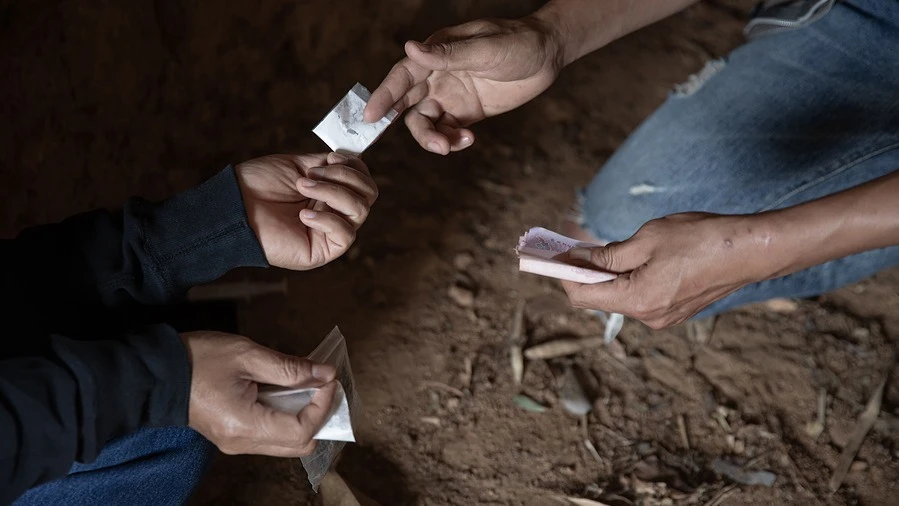School milk feeding project benefits 10,000 students

A total of 100,000 students in 140 primary and secondary schools across the country are currently benefiting from the School Milk Feeding Program (SMFP) which is being implemented by the Tanzania Daily Board (TDB).
This was unveiled over the weekend by the TDB's Acting Marketing Manager, Joseph Semu when the state- owned Board made a special tour of the Mbeya region to inspect progress in the implementation of the crucial program.
The five- year initiative currently covers eight regions, but the plan is to extend it to a total of 500 schools across the country.
"Under this program, the plan was to start with at least 100 schools during a period of 2023/2024 while other 100 schools will be added every year for the five consecutive years of the implementation, and schools covered is expected to increase from 125 to 625 schools by 2027, with the targeted beneficiaries students are those aged between 4 to 19 years," he observed.
Semu expressed that the program is being executed in the region through partnership with key stakeholders, including the small-scale milk processors.
"In Mbeya, Rungwe and Busoleko councils the processors are now producing an average of 240,000 liters of milk daily, making it possible to support the government’s goal to provide every student with a daily cup of milk," he said.
He detailed that as per the program's rolling out, the students distributed with the processed milk, either pasteurized, UHT, cultured milk or yoghurt depending on the availability and infrastructure of the area.
Furthermore, he said the quantity of milk supplied is 150mls to 200mls produced, adding the initiative was working to sensitize and encourage parents to contribute money for enabling the program to survive.
“Implementation of this program plays a meaningful role to help spur school enrolment and reduce absenteeism whereby once the children are in schools, the program can also contribute to their learning through avoiding hunger and expanding their cognitive abilities,” he added.
Speaking for his part, Dr. Samora Mshang's, the Mbeya regional Veterinary officer said they're working several efforts to modernize dairy farming practices in the region to ensure the production of high-quality milk for schools.
"We'll continue standing at forefront to collaborate with the TDB to educate the dairy farmers to improve milk production standards," he informed.
Speaking on behalf of others, a standard three student at Mwenge primary school, Reuben Fred, hailed the government and the TDB for implementing the program.
However, Fred underscored the need for the Board to source more funds for supporting the program in order to ensure all students are benefiting accordingly.
Acting Regional Nutrition Officer, Lightness Shibone, said for their part, they are continuing to engage the community on the benefits of school milk programs, including fighting malnutrition and stunting.
The Tanzania Dairy Board (TDB) needs around 15bn/- to have the program implemented into a needed scope, standards and duration.
The five- year program, (2023-2028) incorporates a range of stakeholders from private and public sectors.
These include the President Office, (Regional Authority and Local Government), Prime Minister’s office, ministry of education, ministry of health, Tanzania Food and Nutrition Centre (TFNC), Sokoine University of Agriculture (SUA), the Tanzania Agricultural Development Bank (TADB).
Others are Tanzania Milk Processors and their association (TAMPA), Tanga Fresh Limited, ASA Dairies Limited, Shambani Milk, Profate Dairy, Nronga Women Dairy, Land O’Lakes Venture 37, Heifer International (Heifer Tanzania), Solidaridad, Nutrition Connect, TETR.
Records prove that in Tanzania school milk feeding programs started way back in early 2000s, and has involved different models (ways of implementation), whereby it reached a peak of 125 schools and 99,000 children in the recent past.
But despite the efforts, the vital program has been crippled with different handicaps in terms of coverage, access of dairy products to school children, as well as involvement of stakeholders.
Top Headlines
© 2025 IPPMEDIA.COM. ALL RIGHTS RESERVED

























